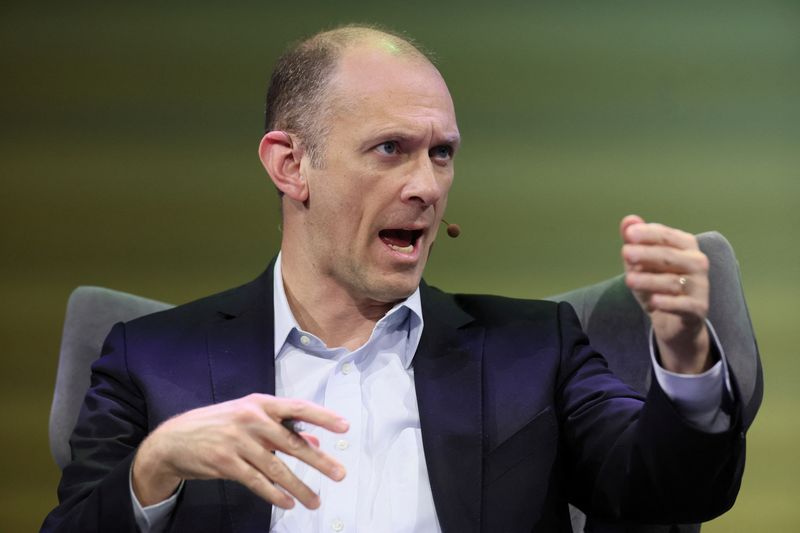Select Language

Chicago Federal Reserve President Austan Goolsbee said on Tuesday that “hard” economic data remained strong, but increased trade tariffs under President Donald Trump presented risks of higher inflation and slowing growth.
Speaking in an interview on Fox News, Goolsbee said that “in theory,” a one time tariff would only cause a transitory increase in inflation. Imports also account for just 11% of the U.S. economy, which will limit the inflationary impact of tariffs.
But the prospect of major economies retaliating over Trump’s tariffs could cause a “stepping up” in tariffs, which could underpin inflation.
“The fear is if it jumps out of the 11% line,” Goolsbee said, warning that tariffs could increase the prices of “intermediate goods” and raise the cost of production for other industries.
He also warned that increased tariffs could see “people start freaking out” and change their spending behaviour.
“If the consumer stops spending, or if a business stops investing, because they’re uncertain or afraid where we’re headed, that would be a bit of a mess,” Goolsbee said.
The Chicago Fed President noted recent data showing consumer and business sentiment “almost cratering,” but said that hard economic indicators remained strong.
Speculation over Trump’s tariffs ramped up this week ahead of his April 2 deadline to impose more tariffs. Trump has repeatedly touted the date as “liberation day,” and is set to unveil reciprocal tariffs on several major trading partners, as well as potential duties on key industries.
Underlying economy remains strong, Goolsbee says
Goolsbee said that hard economic indicators- such as inflation and growth- still showed resilience in the U.S. economy.
“The hard data is still pretty solid… if we could get past this period of uncertainty, I still think that the underlying strength of the hard data in the economy is still there,” Goolsbee said.
He noted that the labor market remained strong, and that inflation remained on a path to fall further after easing below 3%.
But he noted that this contrasted heavily with weak consumer and business sentiment.

